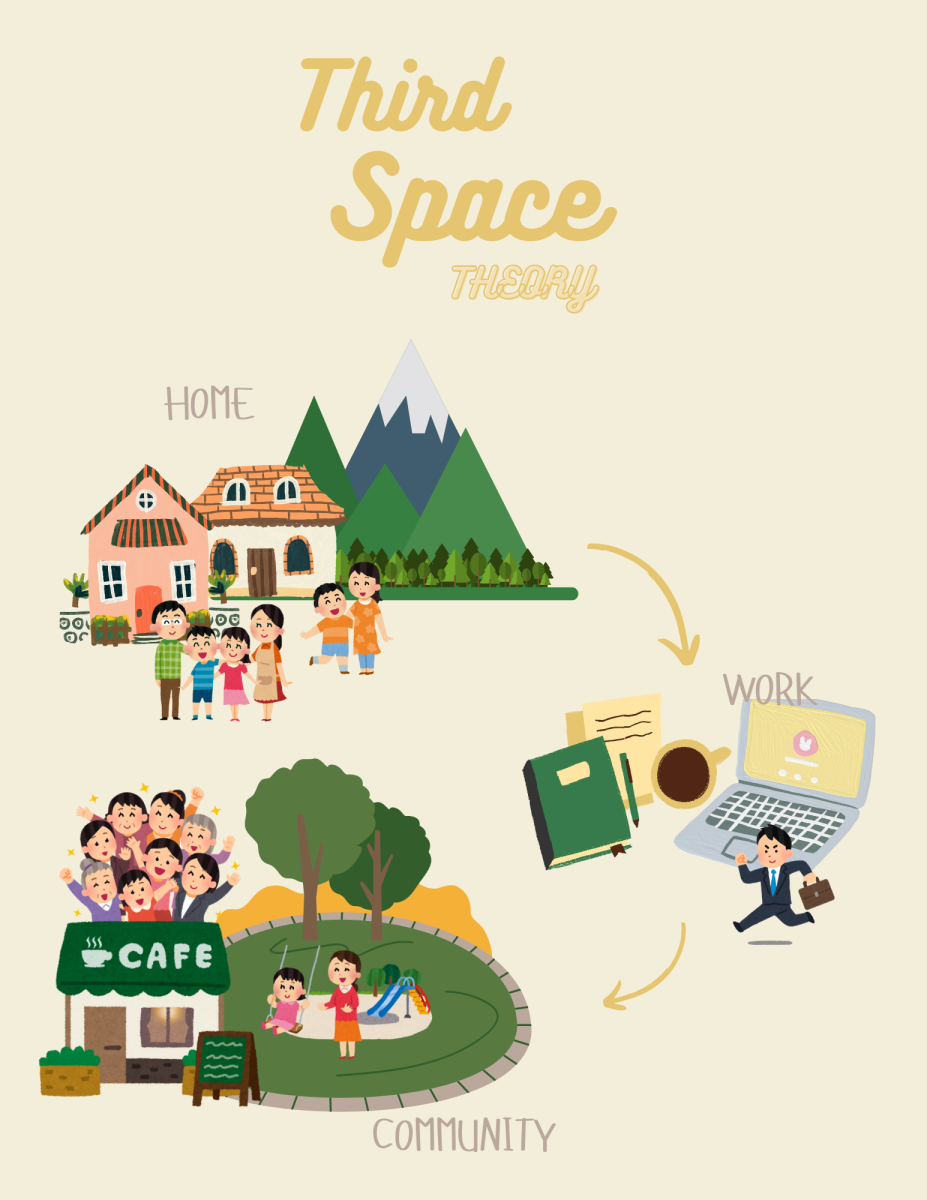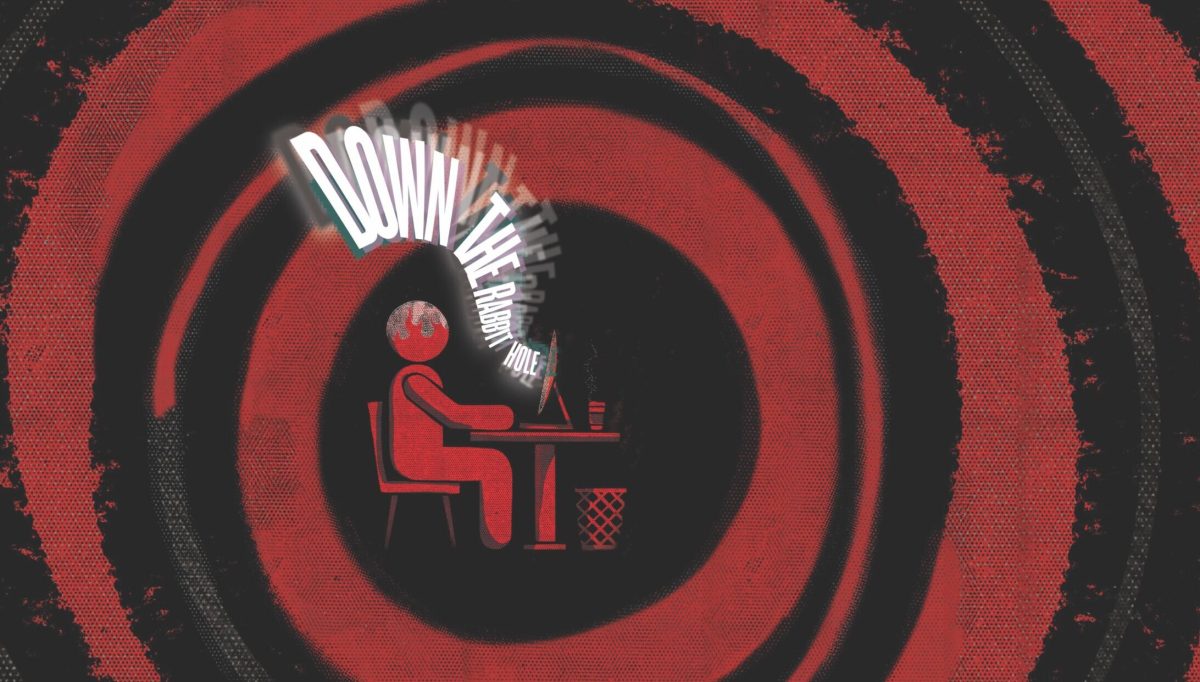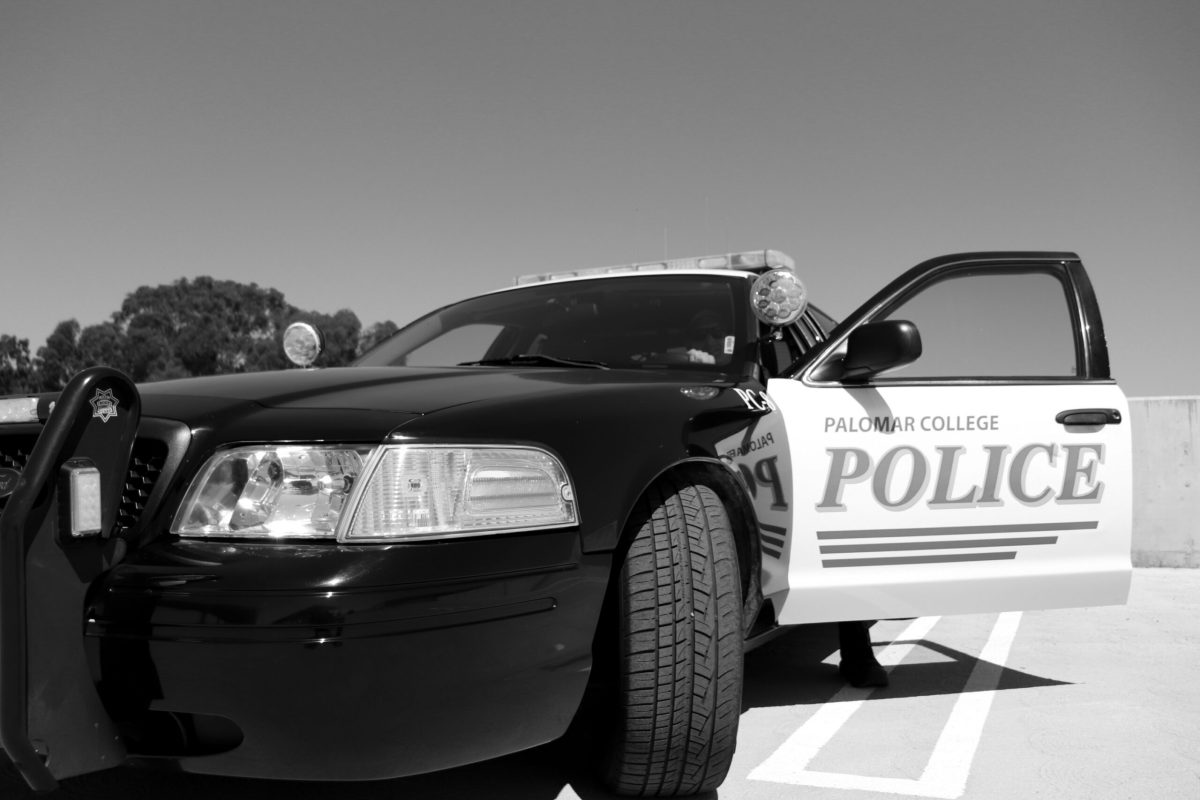Written by Ashley Romero
When you read “cage-free” you probably picture chickens roaming free through green pastures in the sun. That is not the case.
Proposition 2 prohibits farm animals from being confined to the point where they cannot turn around, fully extend their limbs while standing, or lie down. However, farms have found a loophole around this proposition allowing them to inhumanely raise these chickens.
Rather than piling chickens into cramped battery cages, farms keep them in crowded sheds or dirty pens with little access to the outdoors. “Access to outside” can simply mean the chickens can see the outdoors through a small hole or window.
The labels farms put on their eggs are intentionally deceiving because the government does not regulate any labels except those that are labeled organic.
When they are chicks, the farmers use a hot blade to cut off the tips of their beaks, without any anesthetic, to prevent injuries if fighting occurs amongst the chicks.
Hens suffer from numerous disorders due to the overproduction of eggs. This includes osteoporosis, diseases of the reproductive tract, and bone fractures throughout their bodies. Lack of exercise also contributes to these diseases because of the lack of access to the outdoors. Hens typically have a lifespan of eight to 10 years while those used for eggs only live 12 to 18 months.
They suffer from painful lung lesions and ammonia burns from urine and feces in the pens. Male chicks and older hens are seen as useless because they are unable to lay eggs. The males are ground up alive for cheap meat while the older hens are disposed of using electric shock, being gassed, or thrown alive into dead piles.
According the Harold Brown, the founder of Farm Kind, chickens that are claimed to be “cage-free” have more stress-related hormones in the eggs they lay compared to battery cage hens due to the large size of the flock which makes it harder to establish a pecking order.
There are no federal laws in the United States that regulates how farms raise their animals. There are laws that govern humane slaughter and the transportation of animals but the use of battery cages is not prohibited in either one.
There are agricultural and animal cruelty regulations in individual states but often times their routine and common practices are exempt.
While many undercover videos have surfaced on the internet, it is still difficult to convict these farm owners of animal cruelty, because cruelty must be proven intentional by the prosecutors. In most state statutes do not protect farm animals, thus making it rare for these lawsuits to be successful. In order for a conviction to occur workers have to be seen consistently beating and killing the animals.
In order to stop the suffering of these sick, starving chickens, we must stop supporting the entire egg industry. For those who love their eggs in the morning there are many vegan alternatives available that are just as delicious.


































































